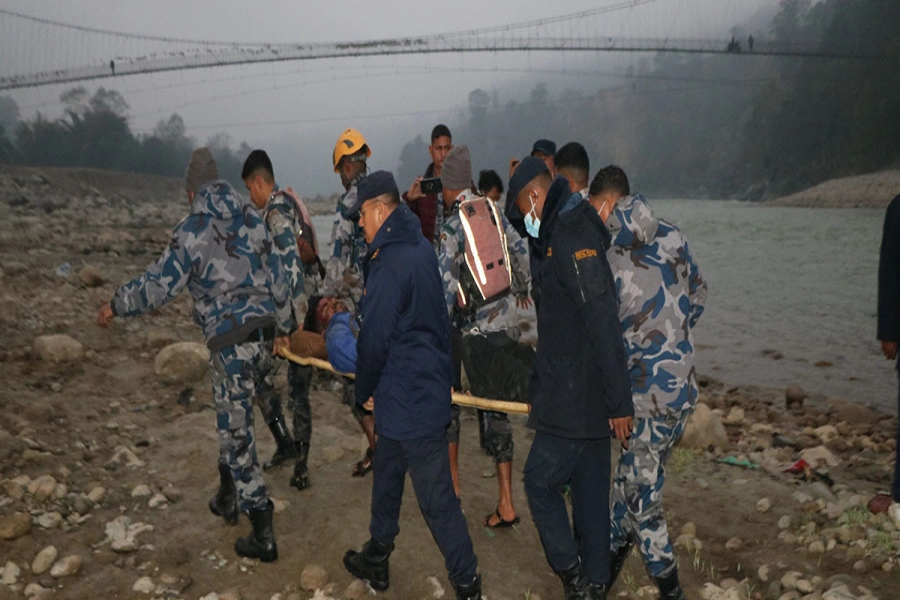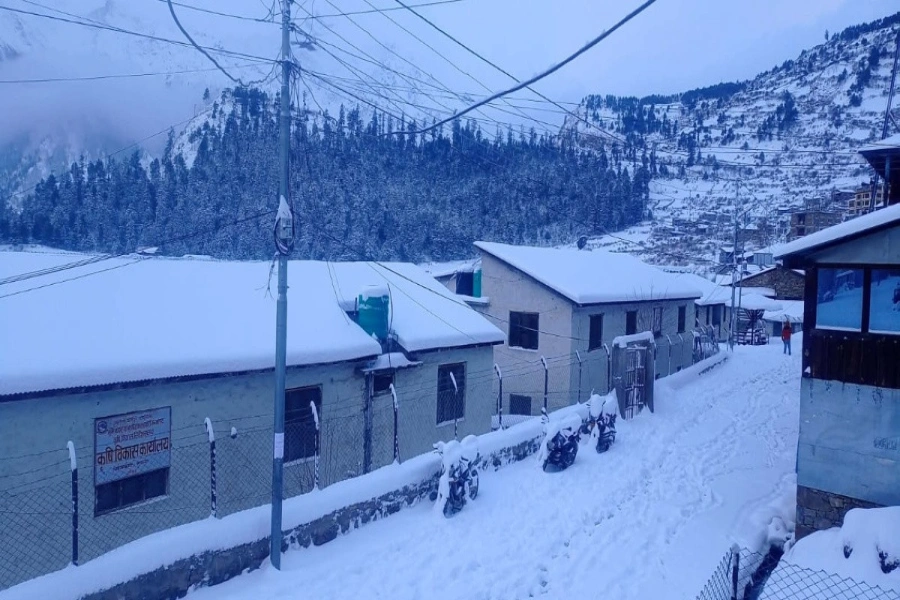KATHMANDU, April 7: It has been learnt that Prime Minister's Information Technology Consultant Asgar Ali has been promoting his private company -- eSewa -- by stopping the operation of a payment gateway system purchased earlier by the government for Rs 250 million.
The new revelation comes amid growing public concerns over the possibility of misuse of private data by Ali, especially after the deletion of a news report critical of Ali and others in the prime minister's secretariat from a news website www.kathmandupress.com by bypassing the editor.
Sources familiar with the development have said the operation of the government's own payment gateway was stopped in order to promote the privately-owned e-Sewa.
National Information Technology Center under the Ministry of Communications and Information Technology (MoCIT) had purchased National Payment Gateway before Ali was appointed as IT consultant to Prime Minister Oli. But the Payment Gateway brought with an objective of making it easier for citizens to pay taxes and to facilitate the release of budget and salary to government offices across the country has yet to come into operation.
Gyanendra Malla appointed eSewa brand ambassador

Senior officials at the MoCIT claim that PM's IT Consultant Ali played important role in suspending the operation of the payment gateway system. "The government purchased the national payment gateway but it remains unoperational because Ali promotes the use of his own e-Sewa at government offices," a senior official at MoCIT told Republica on condition of anonymity.
"Ali in his capacity as the Prime Minister's consultant exerts pressure on officials against using the national payment system because it will displace his e-Sewa from government offices," the official further said. Officials allege that many government offices are forced to use e-Sewa as Ali remains influential in the power corridors.
Officials believe that there is a collusion among senior officials at the National Information Technology Center and Ali. Ali has been able to make over a dozen government offices including the Department of Foreign Employment and Department of Passports use e-Sewa.
Ali had been able to make an arrangement to sell sports tickets from e-Sewa for last year's South Asian Games held in Nepal by influencing top officials of the National Sports Council. He had also been able to make the government use e-Sewa when the Ministry of Labor and Employment opened vacancies for employment coordinators across the country.
Information Officer at the National Information Technology Center Ramesh Pokharel said they are in the process of handing over the National Payment System to the Nepal Rastra Bank to bring it into operation.
Pokharel, however, did not give the reason why the system was shelved for nearly two years after it was purchased by paying such a huge price. Officials requesting anonymity said the payment gateway system was purchased without any plan and necessary human resources for its operation.
From Pokharel's statement, it becomes clear that the payment gateway system was purchased for commissions. The center has now started making preparations to bring the system into operation through the Nepal Clearing House Limited.
The National Information Technology Center purchased the payment gateway system for Rs 250 million. The price paid is nearly double the actual price, according to experts familiar with the system. Similarly a large number of unnecessary equipment were also purchased for commissions. These equipment were purchased when Sunil Paudel was Acting Head of the National Information Technology Center.
Advocate Sushil Adhikari says making such purchases were tantamount to corruption. He said that the Commission for the Investigation of Abuse of Authority (CIAA) should file corruption cases against those who were involved in delaying the operation of the payment gateway to benefit private firms.







































